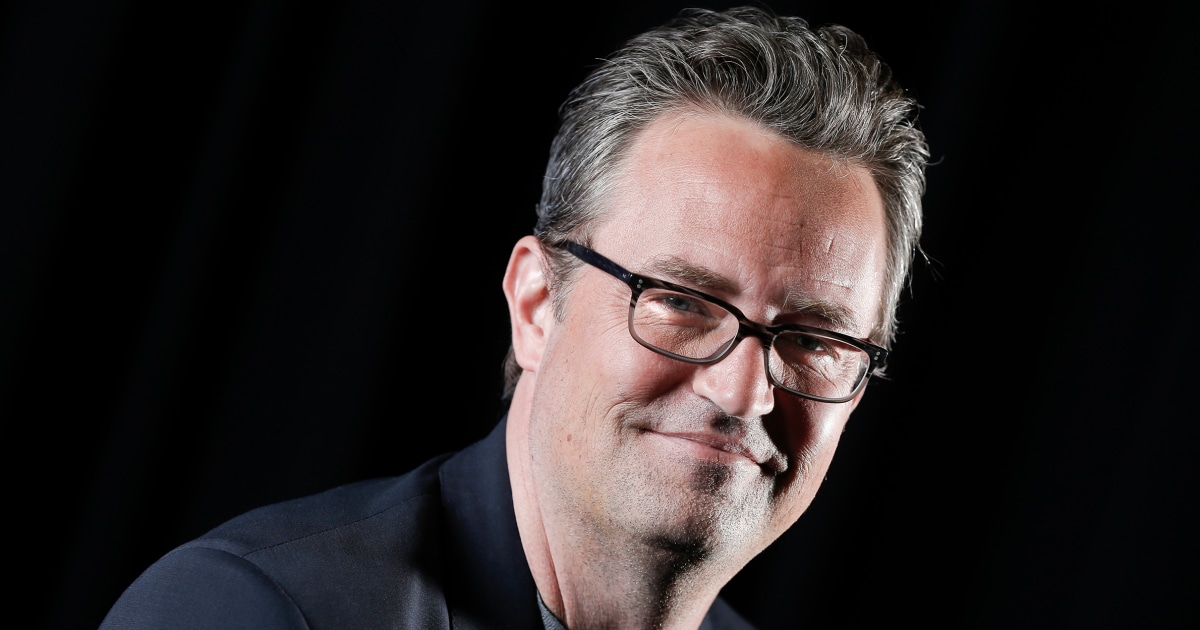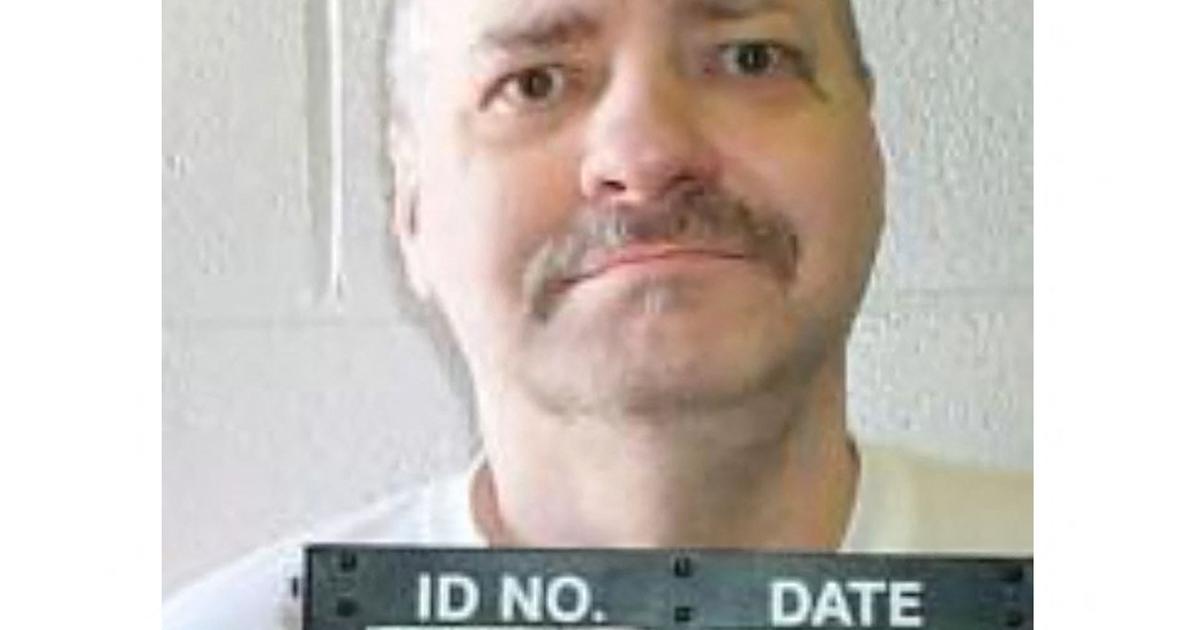- Click to share on Facebook (Opens in a new window)
- Click to share on Twitter (Opens in a new window)
- Click here to share on LinkedIn (Opens in a new window)
- Click to email a friend (Opens in a new window)
Epilepsy: myths and truths of the disease 1:35
Editor's Note: Tom Stanton is executive director of the Danny Did Foundation, a Chicago-based NGO that supports families facing epilepsy. Margaret Storey is a professor, associate dean and member of the Board of Directors of the Danny Did Foundation. The opinions expressed in this article are those of the authors.
(CNN) - The death of Cameron Boyce, the talented Disney actor who according to his family died while sleeping after a seizure, at age 20 in July 2019, aligns with the experiences of so many other families who have lost their loved ones by sudden death from epilepsy (SUDEP). Boyce's family said his deadly seizure occurred because of epilepsy and his tragic loss is a reminder that every year, about 1 in 1,000 people with epilepsy die suddenly. Among them, if your seizures are not controlled with medication, the rate goes off at a stunning 1 in 150.
We know the SUDEP scourge firsthand. One of us - Tom Stanton - is Danny's uncle, who died at age 4 after a nighttime seizure. Danny was found by his mother, lifeless, in the bunk below that he shared with his older brother. Margaret Storey is the mother of Josie, who has Aicardi syndrome, an epileptic disorder in which seizures are rarely, if ever, controlled, and in which early mortality is common.
- What is epilepsy? This is what you need to know about the spectrum of disorders that cause seizures
Josie has multiple seizures daily.
As part of the Danny Did Foundation (DDF), founded by Danny's parents - Mike and Mariann Stanton - we have been dedicated to helping families understand the risks of SUDEP, and how to mitigate them. And while we have made great strides, the tragedy is that, in the 10 years since Danny's death, stories like Cameron Boyce's, which died in July 2019, continue to occur too frequently.
And most experts agree that it is possible that statistics on the mortality rate underestimate reality.
Current data does not include many of the deaths that forensic doctors do not recognize as SUDEP, nor do they fully cover all deaths related to epilepsy.
These statistics should shake us all to the most intimate. But awareness of the risk of mortality from epilepsy remains stubbornly low, even among people with epilepsy and their doctors.
This is partly due to stigmatization, both around epilepsy itself, and around talking about mortality risks when giving a diagnosis.
Members of our board of directors can attest to the courage required to "reveal" the diagnosis of epilepsy to friends and colleagues, and we understand that Cameron Boyce and his family had kept it private.
That it is still so difficult to tell a diagnosis of epilepsy is an accusation against society - including those who advocate epilepsy - for not having been able to advance further in the dismantling of continuous stigma and discrimination, rooted mainly in myths about the causes of epilepsy - like believing it is contagious - and fears about what to do if someone has a seizure.
- Disney warns that its new Star Wars movie could trigger attacks on people with epilepsy
But the crisis of consciousness also arises because doctors are often reluctant to talk about sudden epilepsy death (SUDEP) with newly diagnosed patients and their families. Our staff at the DDF Foundation often hears patients and their families say that they have never heard their doctors talk about SUDEP; And worse, some doctors insist on saying that seizures are not lethal. They may worry about frightening people, or are trying to combat the stigma of the disease by emphasizing the ways in which people continue to lead normal lives in spite of it.
But we can, and should, do better. There are too many valuable lives at stake.
First, let's stop discussing whether it is appropriate or not to talk about the risk of mortality, and specifically of sudden epilepsy death (SUDEP), with the patients and those who care for them. The issue should simply be part of the honest and open conversation between doctors and patients and those who care for them at the time of diagnosis. The script is quite straightforward. Mortality rates for people with epilepsy are up to three times more than for the general population; They should know because it's about their life.
Second, instead of emphasizing "normality" around epilepsy, emphasize "empowerment" about the risks associated with the disease. The conversation about mortality should be accompanied by clear measures that patients and their families can take to minimize that threat. The best way to prevent SUDEP is to avoid seizures, but otherwise, having another person present during or just after a seizure is a great safety advantage. Most sudden epilepsy deaths occur when the person is alone, but there is technology and devices that can alert husbands, caregivers, friends, when a seizure occurs so they can perform an evaluation and make sure the person is good.
- Cannabis oil: treatment works in 8 out of 10 boys with epilepsy
There are more and more alert systems, but they are not well known and are not usually covered by insurance, even when some of the products have been approved by the US Food and Drug Administration. (FDA) Health personnel and activists must do more to ensure that patients are presented with warning devices as an additional safety measure incorporated into their treatment plan.
Third, we need to better understand how often sudden death from epilepsy (SUDEP) actually occurs in order to generate the type of federal funding necessary for research and the discovery of the mechanisms behind SUDEP. To do this, we must encourage a close partnership between people with epilepsy, their families and the medical and public health sector. Initiatives such as the US SUDEP Registry (NASR) and Partners Aganist Mortality in Epilepsy are critical elements for this effort, as are specialized education on SUDEP for Forensic investigators and doctors.
We at the Danny Did Foundation extend our deepest condolences to the family and friends of Cameron Boyce, and to all those affected by sudden death from epilepsy. We are convinced that the best way to honor their memories is to redouble our efforts to prevent this tragedy from happening to others. We invite you to join our fight.
- Translation of Mariana Campos
Editor's Note: This column was initially published on July 18, 2019 and was updated and published in February 2020 regarding World Epilepsy Day
epilepsy









